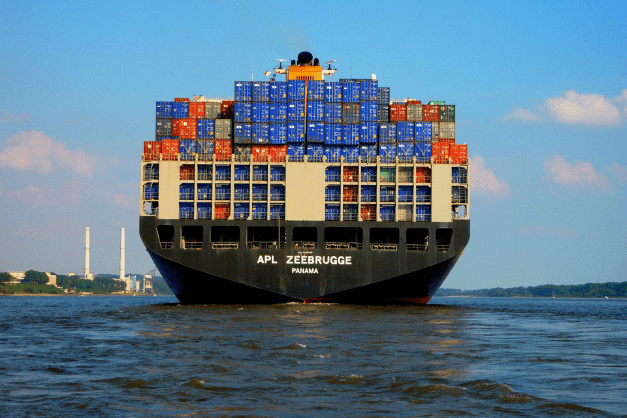Throughout 2020-21, thanks to COVID-19-induced lockdowns and delays, supply chains across the globe faced massive disruptions. This disruptive trend continued in 2022, despite easing pandemic restrictions, due to events like the Russia-Ukraine conflict and other weather-related mishaps. Thanks to these disruptions, importers ended up paying hefty fees for delays in picking up and dropping containers, despite restrictions and lockdowns. Now in 2023, US importers are fighting the millions of dollars in fees imposed by the world’s largest ocean carriers with the help of a new federal law and a newly emboldened regulator.
Shippers of furniture, electronics, and clothing were blindsided during the Covid-19 pandemic when ocean carriers added large fees for delays in picking up and returning containers. These costs added up even when importers had no chance of moving the boxes due to circumstances beyond their control.
Now, shippers are turning to rules set out in the Ocean Shipping Reform Act– legislation passed by Congress in June. Hundreds of complaints have also been filed with the Federal Maritime Commission (FMC). The Washington, DC-based regulator has spent several years clarifying and tightening rules related to shipper frustrations, including fees. The new shipping law endorsed a FMC rule from 2020 declaring that late fees should only be used to encourage importers and exporters to keep freight moving. Therefore, if a shipper isn’t able to move a box due to situations like bottlenecks, the charges shouldn’t apply.
During the pandemic-fueled freight surge, picking up and dropping off a container on time was often impossible. With trucking equipment shortages, boxes being buried among stacks in congested container yards, and other challenges, shippers often found themselves in a tough spot. Some port terminals were so full that operators prevented truckers from collecting or returning containers for days or weeks.
Key Takeaways
Freight forwarders, which move cargo on behalf of shippers, have shared how carriers and the private companies that operate terminals often refused to release containers until the fees were paid. In turn, forwarders and their customers were left with no choice but to pay up and dispute the charges later.
Shippers have long been able to fight the fees. But the law set up a new expedited claims process through the FMC that allows shippers to quickly challenge the charges, and it shifted the burden of proof onto carriers to show that fees are valid. While the fees are levied in order to ensure that ports are not clogged, it’s too early to say how this rule against disputing late fees will affect ports.
Want to stay up-to-date on the latest logistics news? Subscribe to the Manifest newsletter to get industry updates, insights, and Logixboard announcements delivered straight to your inbox every week.




